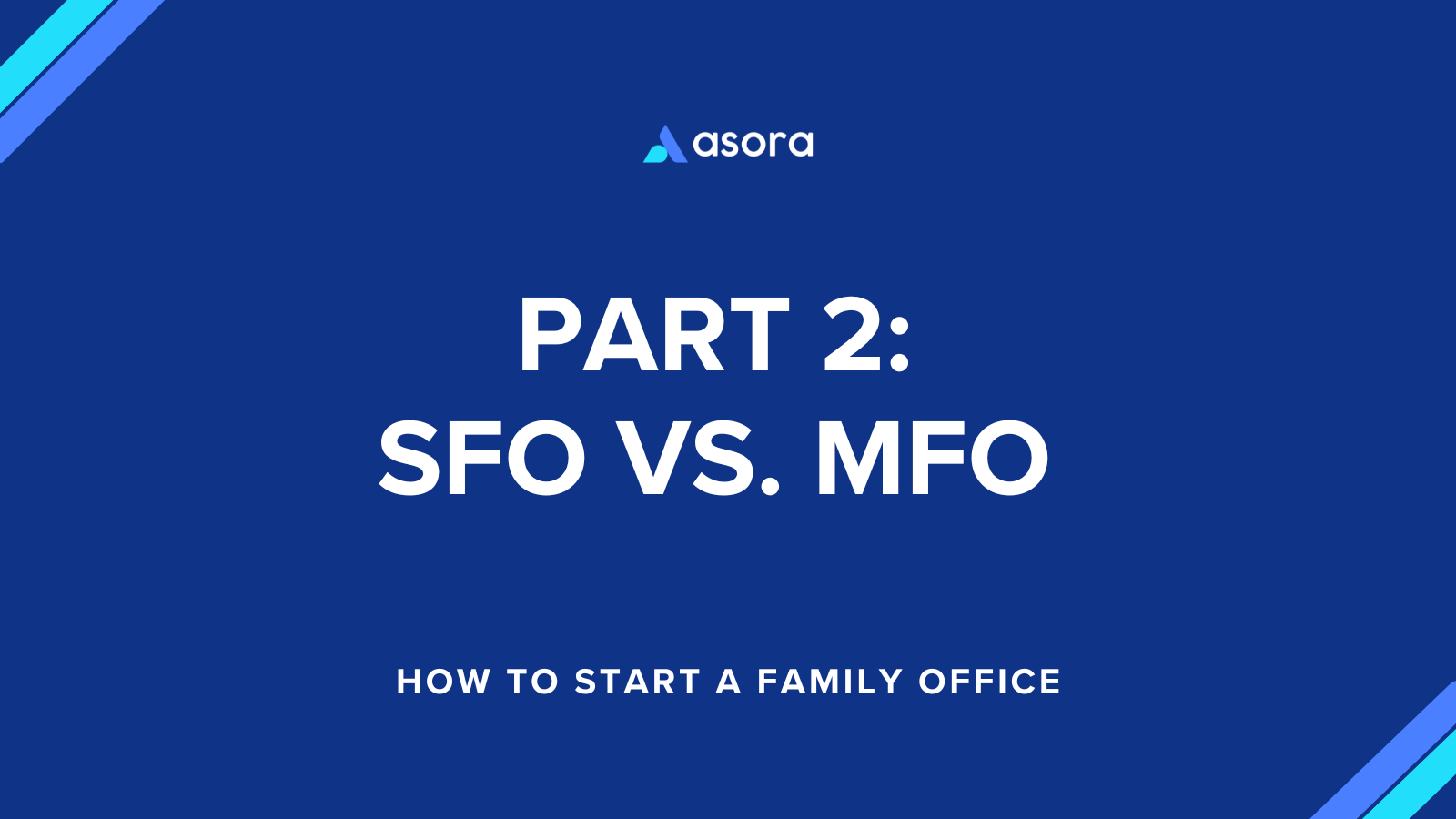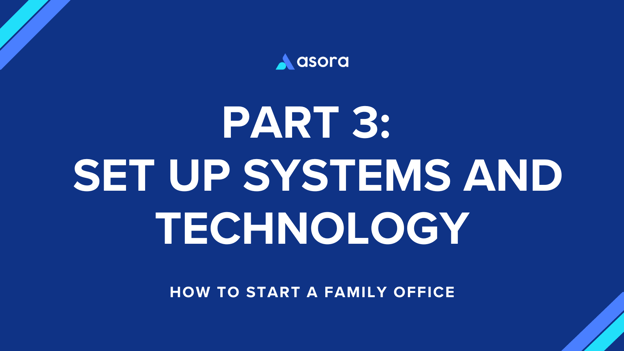Establishing a family office is a significant decision for affluent families looking to manage their wealth and preserve their legacy. Once you’ve defined the purpose of your family office, the next step is to consider whether to opt for a Single Family Office (SFO) or a Multi-Family Office (MFO) structure. Both options offer unique benefits and considerations, and making the right choice requires careful evaluation.
In the second part of our How to Start a Family Office blog series, we will delve into the key factors to consider when choosing between SFO and MFO for your family office.
What is a Single Family Office?
A Single Family Office (SFO) is a private organisation dedicated to managing the financial affairs of a single wealthy family. Some key points to consider when contemplating setting up an SFO are:
- Customisation: SFOs offer a high level of customisation, tailoring their services to the specific needs and objectives of the family.
- Control and privacy: SFOs provide maximum control over investment decisions and greater privacy, as the family maintains direct ownership and control of their office.
- Cost considerations: Setting up and running an SFO can be cost-intensive, requiring substantial financial resources and a dedicated team.
What is a Multi-Family Office?
A Multi-Family Office (MFO) is an organisation that provides comprehensive wealth management services to multiple affluent families. Here are some key points to consider when evaluating an MFO:
- Shared resources and cost-efficiency: By pooling resources, MFOs can offer cost-effective solutions and access to specialised expertise that might not be feasible for individual families.
- Diversification and networking opportunities: MFOs can provide access to a broader range of investment opportunities, as well as networking and collaboration opportunities with other families.
- Limited customisation: Compared to SFOs, MFOs may have more standardised processes and investment strategies, offering less flexibility for highly individualised requirements.

Factors to Consider When Setting up Your Family Office
When deciding between SFO and MFO, it's crucial to evaluate the following factors:
- Family complexity: Consider the size of your family, the complexity of your wealth management needs, and the level of control you desire over decision-making.
- Financial resources: Assess the costs associated with setting up and operating an SFO versus the fees charged by an MFO. As per Citibank, "Family office expenses often amount to approximately 1% to 2% of the family’s total active asset".
- Expertise required: Determine whether your family possesses the necessary knowledge and experience to manage investments independently or if you require specialised expertise.
- Privacy and confidentiality: Consider the importance of maintaining strict privacy and confidentiality versus the potential benefits of networking and collaboration with other families.
Deciding What Suits Your Family Office Best
Choosing between an SFO and MFO for your family office requires careful consideration of various factors, including customisation, control, cost, resources, expertise, and privacy. While an SFO offers unparalleled customisation and control, it can be financially demanding. On the other hand, an MFO provides cost efficiencies, diversification, and networking opportunities, albeit with potentially limited customisation.
Ultimately, the decision should be based on your family's specific needs, goals, and available resources. Consulting with wealth management professionals and considering your family's unique circumstances will help ensure you make an informed choice that aligns with your long-term objectives.




